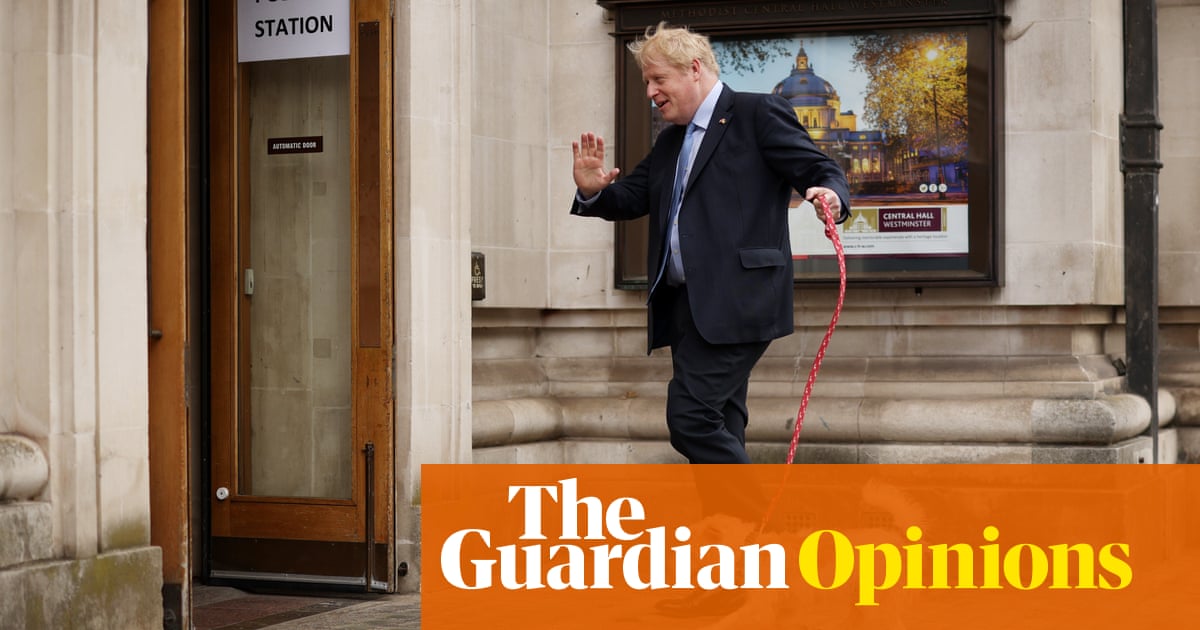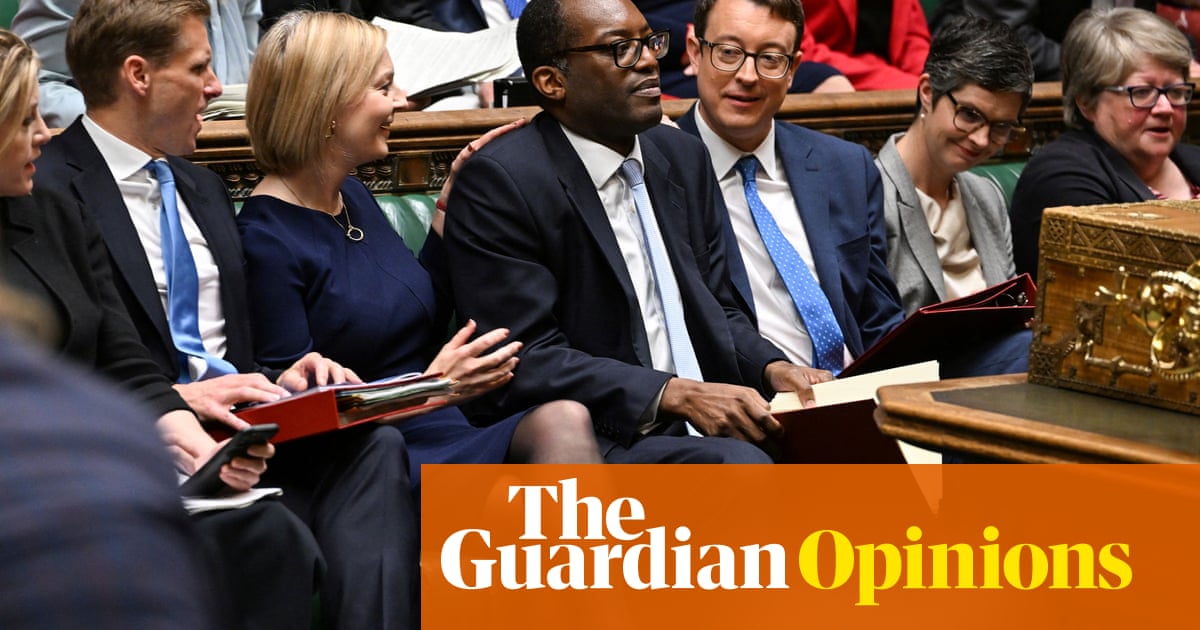
In the 1980s they called it “magic Manton” – the tiny pit village, in the heart of the Nottinghamshire coalfields, that churned out so much coal it set national records. It went to war with Margaret Thatcher in 1984 and lost, closing 10 years later at the expense of 1,400 jobs.
Today the village is unrecognisable. Workers wearing hi-vis vests walk to the area’s biggest employers, Wilko and B&Q, whose huge distribution centre sits on the site of the dead colliery. It is no longer difficult to find Conservative voters in places like Manton, a radical shift from only a few years ago.
“I’m a Tory voter but I’ve gone right off them totally,” said John Taylor, 63, a semi-retired driver. The leadership contest had been a distraction from the cost of living crisis, he said.
“It’s taken so much time up and they just haven’t concentrated on what everyone’s most scared about. That to me has been one of the most difficult issues – the inactivity of the government at this moment when people are literally genuinely scared.”
On a night when Labour’s “red wall” crumbled around the country, the constituency of Bassetlaw delivered perhaps the most striking result of the 2019 general election, electing a Conservative MP for the first time in 90 years – and with a colossal 18-point swing to the Tories, the biggest of the night. Labour’s share of the vote fell by 24.9%, believed to be the largest of any seat in the country.
Taylor, a former prison officer, said he “can’t stand” Truss, the new prime minister: “When she was minister for prisons she promised so much and nothing ever materialised and I think we’re looking at the same thing again.”
Truss, who has embraced Thatcher imagery during the seven-week leadership contest, inherits a healthy parliamentary mandate but one that is built on a fragile coalition of voters: affluent true blue seats in the south of England, and former Labour heartlands like Bassetlaw.
“I think she’ll be a good prime minister. She seems more in touch with people [than Rishi Sunak],” said Julie Greenwood, a teaching assistant grabbing fish and chips on her lunch break in Manton.
The 57-year-old, a former Labour voter, said she backed the Conservatives for the first time in 2019. Will she stick with the Tories at the next election? “We will see how things go,” she said.
Bassetlaw’s MP, Brendan Clarke-Smith, supported Truss but was a Johnson loyalist until the bitter end. He told colleagues they “can bollocks” – get lost – just 24 hours before Johnson conceded the premiership in the face of more than 50 ministerial resignations on 7 July.
Clarke-Smith, a former teacher, has previously compared England footballers taking the knee to the Nazi salute and said food banks were being used as a “political weapon”. Nevertheless, Johnson rewarded his loyalty by appointing him as an education minister in the death throes of his government. It is a post he will hope to retain under Truss, who he has supported since she announced her leadership bid.
About two miles away in Worksop, Bassetlaw’s biggest town, Kath and Sue – retail workers who did not want to give their surnames – were in despair at the economic climate.
“We just need a miracle, don’t we?” said Kath, a lifelong Labour voter, who did not believe Truss would deliver the help needed to counter rising bills: “If the last one couldn’t help us, where’s she going to get the money from?”
At Cockney Rebel clothes shop, manager David Swain, 46, said people could not afford to wait for help: “Both of them should’ve had an action plan in place for how they’re going to act once they’re in power.”
He added: “We can’t survive paying the kind of astronomical bills that are being talked about.”
Roughly one in seven households in Bassetlaw – more than 7,000 in total – already live in fuel poverty, higher than the national average, according to the campaign group National Energy Action.
The Conservatives won the seat by 14,013 votes, a mandate not seen in the constituency since Tony Blair’s landslide victory of 1997. Simon Greaves, Labour leader of Bassetlaw district council, said voters were coming back to the party “in droves” and that it would go red at the next election.












